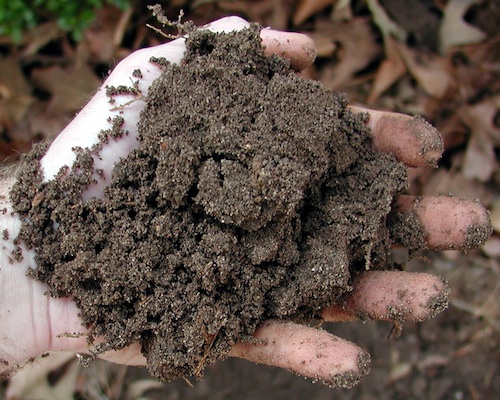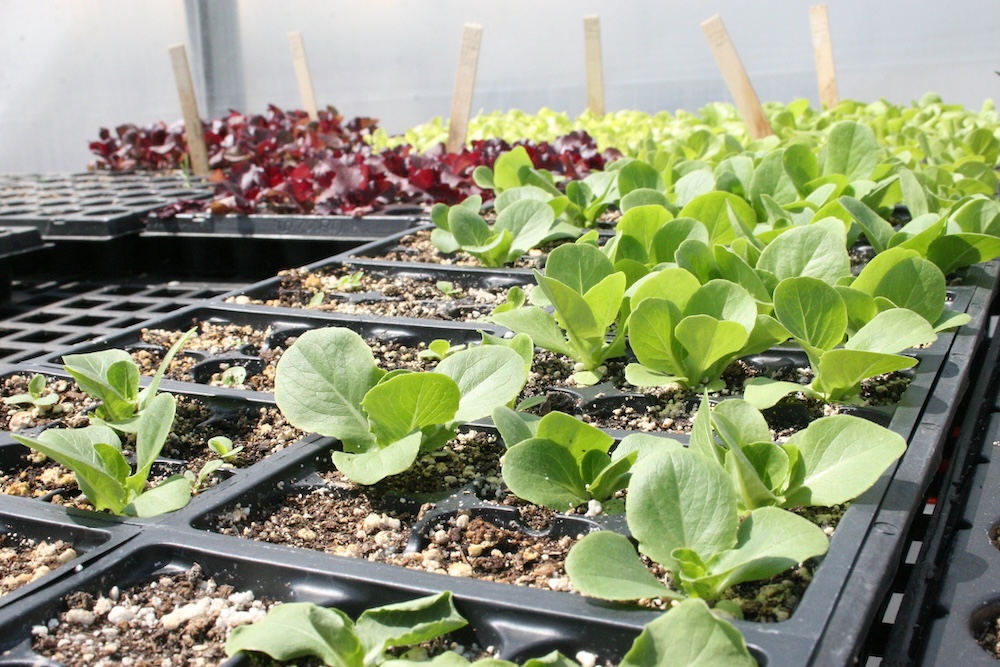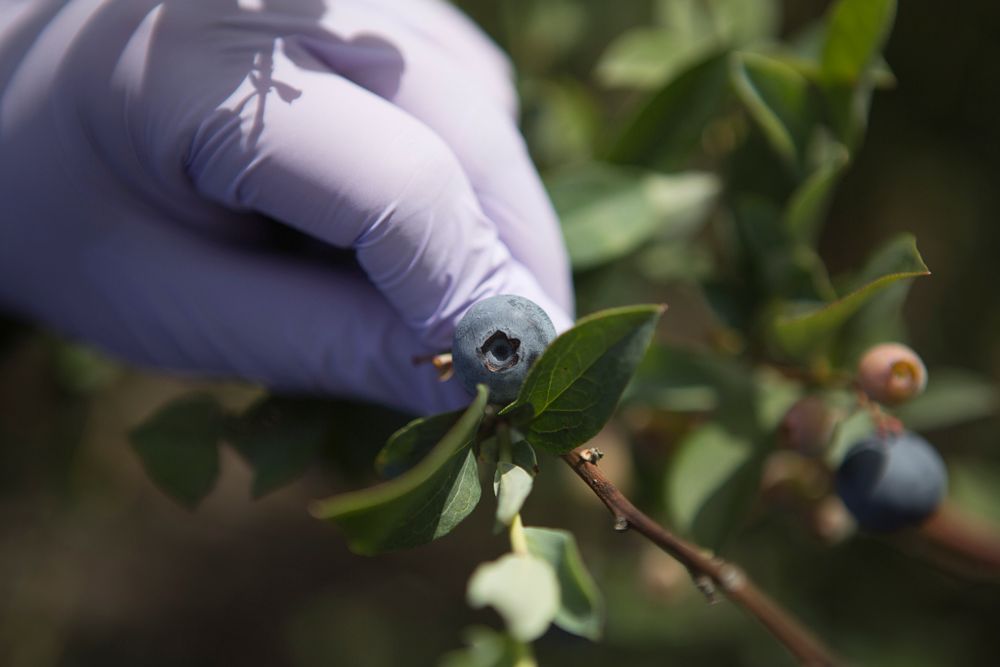Good compost takes time, patience and alternating layers of decomposing yard and kitchen wastes.
Those are the basics, but Athens-Clarke County Extension Agent Amanda Tedrow was finding that most people needed more information in order to make the compost equation come out right.
Tedrow, and Athens-Clarke County Waste Reduction Coordinator Suki Janssen, launched the state’s first Master Composter Program this winter in an effort to provide more detailed information about the composting process.
“We were interested in doing more than what we could do in a one hour Lunch and Learn or evening classes,” Tedrow said. “This was a lot more detailed. This class was geared towards people who wanted to go beyond the basics, who wanted to have more working compost for themselves and to be able to teach others about how to get started.”
If at first you don’t achieve useable compost, try and try again
Most of the people who signed up for the eight-week Master Composter Program, held in January and February of this year, had started compost piles in the past with varying success rates.
Some just hadn’t seen their piles produce like they wanted them to while others had abandoned the projects after running into a brick wall – like a horrible smell or insect infestation.
Janssen and Tedrow both spend a lot of time in Athens answering questions about smells and identifying compost pile insects as either helpers or pests.
They knew there was a gap in the knowledge between what people were getting from basic compost workshops and what it takes to execute a successful compost pile.
“Composting is fairly easy, but there is a science behind it,” Janssen said. “You have to manage your pile or your not going to get as much compost as want or you may get some outcomes that you don’t want.”
Master Composters: Like Master Gardeners, but focused on compost
Tedrow and Janssen modeled the Master Composter classes after the University of Georgia Cooperative Extension popular Master Gardener program and after Master Composter programs in other states.
Tedrow believes their program may be one of the first Master Composter programs in the Southeast. She and Jansen had trouble finding a model curriculum that would work for Georgia’s climate.
They used
They augmented that material with information they borrowed from Master Composter programs organized by Cornell University Cooperative Extension and New Mexico State University’s Extension Service. All of that had information needed to be tweaked for Georgia’s climate, Tedrow said.
Classes focused on the nitty-gritty of compost
Thirteen participants, from five counties, went through the inaugural Master Composter Program at the Athens-Clarke County Solid Waste Department. Some participants drove more than two hours to reach the weekly class.
The course covered everything from the chemistry of compost, to how to raise and use worms for more successful compost. The classes also included field trips to successful backyard composters as well as commercial and municipal compost operations.
Each participant built their own worm bin and learned about the construction of different types of compost bins and tools.
Tedrow and Janssen spent almost an entire class on trouble shooting compost problems that participants had experienced in the past.
Master composters’ new knowledge has already been put to work
David Hoechst, of Dragonfly Farm in Nicholson, Ga., has been managing his own compost piles for years but he had never seen the amount of finished compost that he had expected.
“I’ve always made my own (compost,)” said Hoechst, who grows day lilies and vegetables for the local market. “It just took too long. My goal for the class was just to make better use of my compost, to get more out of the piles.”
The class helped him pinpoint what he was doing wrong and how to fix it.
It turns out his piles weren’t reaching a high enough internal temperature for the organic matter to decompose in a timely manner. The ideal internal temperature for a compost pile is above 130 degrees, Hoechst said.
“I actually built a pile last weekend and it's been maintaining a temperature of about 150 degrees all week so I must have learned something,” he said.
The piles Hoechst is working now won’t be ready until September but he is excited by their progress so far.
Composters expected to share their love of rot
Janssen and Tedrow are hoping that Hoechst and other class members will share their new-found composting knowledge with the public at large, helping them answer some of the dozens of composting questions they are asked each month.
Like Master Gardeners, people who complete the Master Composter Program are required to help the public learn about composting through demonstrations and classes.
“This will be a great team of folks who can help us with at least one aspect of what we do, which is teaching about compost, helping to build compost bins and giving presentations,” Janssen said. “We hope we’ve trained them enough so that they can pinch-hit for us when we need it.”
Some of the Master Composters will be launching their outreach efforts by building new compost bins this spring at four schools around Athens-Clarke County. Others will man the Master Composter booth at the Athens Farmers Market on the fourth Saturday of each month. Their first appearance will be April 28.
Given the success of the first class, Tedrow and Janssen plan to team up again to teach the program in January and February 2013.
Other counties may also offer the new the curriculum, Tedrow said. She has already received calls from other UGA Extension agents who are interested in teaching the program in the future.
To contact your local UGA Extension office, call 1-800-ASK-UGA1.








